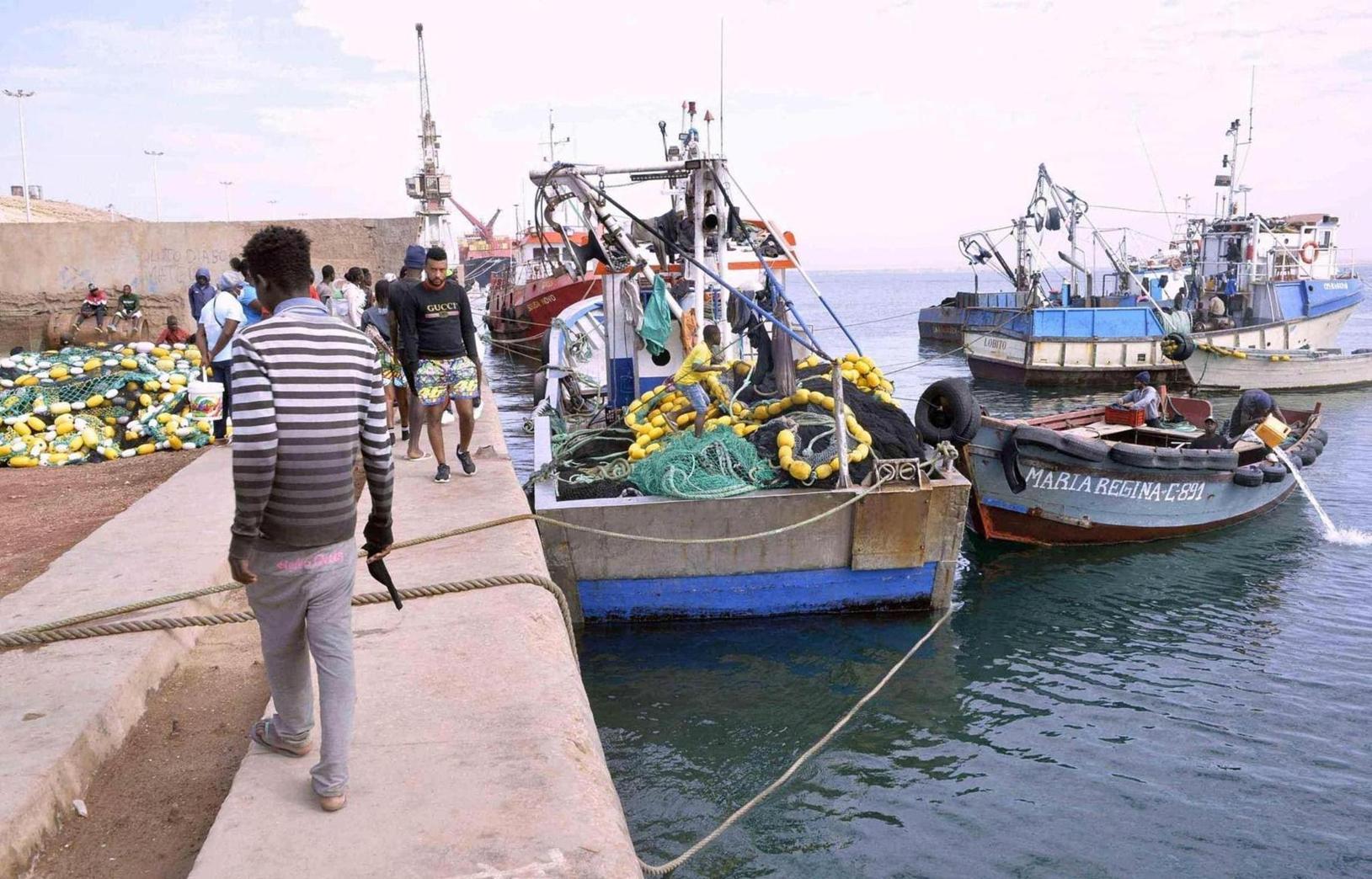Africa-Press – Angola. The provincial director of Agriculture, Livestock and Fisheries in Benguela, José Gomes da Silva, highlighted this Tuesday that the suspension of demersal trawling between May, June and July this year will contribute to the recovery of biomass of some species.
The person responsible places the stoppage of trawling vessels for demersal species (fish) within the range of management measures outlined by the Government, to guarantee the preservation of fishing resources.
He believes that the temporary interruption of vessels using demersal trawl gear will also have an impact on reducing the high fishing effort, which has also been one of the causes of the scarcity of fish on the Angolan coast.
“In recent times, we are seeing and monitoring the problems of many fishermen, whether artisanal or industrial shipowners”, he noted, stating that the scarcity of fish is a situation that worries not only shipowners and artisanal fishermen, but also the Ministry of Fisheries and Marine Resources.
Regardless of the impact of climate change, José Gomes da Silva warns that high fishing effort is one of the factors behind the decrease in the biomass of many marine species on the Angolan coast.
Therefore, he believes that stopping demersal trawling and then banning horse mackerel from purse seine vessels will contribute to the recovery of some species, such as sardines and cachuchos, which are scarce on the market.
Apprehensive about the current state of affairs in catches, the person responsible points the finger, once again, at climate change and the high fishing effort for the drastic reduction in biomass levels in recent times, despite Government measures.
Among the most popular species on the verge of disappearance, he pointed out sardines, which, in his opinion, were abundant in the seas off the Benguela coast, but whose biomass has decreased, according to experts from the National Institute of Fisheries and Marine Research (INIP).
However, he explained that INIP will then carry out an assessment of the resources and, depending on biomass levels, the Ministry of Fisheries and Marine Resources will take other necessary measures to maintain the sustainability of resources on the Angolan coast.
Oversight
In addition to these measures, he also said that the sector intends to reinforce the supervision of fishing activities to control and discourage some harmful practices, which also contribute to the reduction of biomass.
In artisanal fishing, many fishermen practice band-to-band fishing, an art that practically involves trawling from sea to land, according to him.
“The aggravating factor in this type of art is that they use much smaller mesh nets that allow the capture of large quantities of immature fish”, he denounced, reiterating the objective of the Ministry of Fisheries and Marine Resources to strive for responsible fishing.
In his opinion, these measures must be taken into account and respected, as everyone must be aware that fish is an exhaustible resource, that is, if it is not caught in a responsible and sustainable way “we could fall into a collapse where there are no fish”.
To prevent this from happening, José Gomes da Silva calls on all operators in the sector in the province of Benguela to roll up their sleeves, respecting the law on biological and aquatic resources, and all measures that come from the Government in this regard.
For More News And Analysis About Angola Follow Africa-Press






